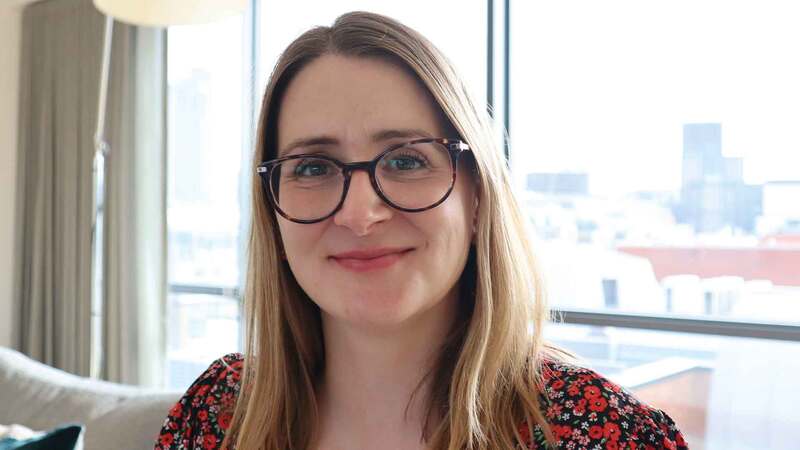You are viewing your 1 free article this month. Login to read more articles.
Mackenzie tells SYP: 'Amazon's success could cause it problems'
Things are "only going to get tougher for traditional publishers unless we can show ourselves to be very good at what we do,” Ursula Mackenzie told the Society of Young Publishers (SYP) at its annual conference on Saturday (8th October).
In a keynote speech titled “Do publishers still matter?”, the Little, Brown c.e.o. told the gathering at London College of Communications that copyright and the pressure felt by bricks and mortar bookshops were among the biggest concerns for the trade at the moment, adding that Amazon’s success could “cause them problems in the future” if the physical spaces where people discovered the majority of books were destroyed.
And Amazon’s entrance into publishing, as well as the proliferation of tools to help self-published authors, mean that “each individual publisher must strive to offer both value for money and a sort of home”.
Mackenzie started her speech by saying “that publishing today, the new digital present, is a very exciting place to be, but probably not as exciting as the future promises to be”, and that publishers “matter enormously”. Publishing, “often derided as old-fashioned, has embraced the transition to digital with notable success”, she added. While traditionally “the role of the publisher was meant to be invisible”, now it is important for publishers to say what they have to offer to both authors and to readers, and to explain why books are priced as they are.
Addressing pricing and discoverability, Mackenzie said: “Amazon’s very success, based on e-reader innovation, competitive pricing and logistical excellence, that has helped them trounce their competition, has the potential to cause them problems in the future, if a big part of the literary culture is effectively choked off and their customers gradually drift away.
“It’s not only the internet retailers who indulge in very low pricing of course. Physical books have been being discounted to an every greater degree for the last 20 years, particularly in the UK, but the ready accessibility of the internet means cheap prices are ubiquitous and known to all. Many consumer seem to think that if they aren’t having to pay for the paper and the binding, why are they having to pay anything at all.”
Mackenzie said authors “must be paid for their creative efforts or we won’t have authors any more”, adding that she was “frankly anxious about the concept of bundling, because while I agree that the consumer has at least paid for the IP once when buying the physical book, it is bound to add to the perception that e-books should be free”.
Copyright protection is also key to the future of the publishing industry, with the trade working closely with other creative industries to lobby government and tackle IP crime. “It’s vital that we don’t just give up, resigning ourselves to increasing amounts of online piracy,” Mackenzie said. “I think there is a widespread recognition now within government and the creative industries that this is a problem that can be tackled and increasingly the tools are being developed that will assist us.”
Mackenzie finished her speech by saying that “a bit of existential angst never did anyone any harm”, and that it was good for publishing to be asked questions about its purpose.
“There has certainly been a lot of change but people adapt, and industries adapt too,” she said. “I have no doubt that you younger generation of publishers will take us in new, exciting directions and that these directions will be original, creative and commercially successful. In my view stasis and ossification are far more harmful to any sector than challenge and disruption.”


















